The MIT Center for International Studies (CIS) provides working group grants for advancing interdisciplinary collaborations in the field of international studies.
These small grants of up to $1,000 per semester and $2,000 per academic year are provided as "seed" funds for graduate students and postdoctoral fellows seeking to address scholarly problems of common interest and to meet on a regular basis. Funds can be used to cover the costs of food and nonalcoholic drinks or modest honoraria for an occasional outside speaker. Groups may be initiated by graduate students or postdoctoral fellows, but must have a faculty chair, and preference will be given to those groups in which faculty actively participate.
We welcome proposals on a wide range of topics and support various activities, from presenting work in progress to addressing specific international policy issues in innovative ways. Priority will be given to proposals that advance the study of foreign countries and regions, such as China, Africa, and Latin America; security studies, international negotiations, and crisis management; as well as frontier topics in international studies, such as AI, climate change, water, and health.
Proposals should include: MIT applicant's name, name of the group, duration of activity, goals and proposed activities, leadership and participants, name of faculty advisor, amount requested, itemized budget, and expected output. For details and to submit the form please apply here.
The proposal process for 2024 is now closed. If you have any questions, please contact CIS director of research, Mihaela Papa, at mpapa@mit.edu. For questions about reimbursements for current groups, please email cis-info@mit.edu.
Current Working Groups:
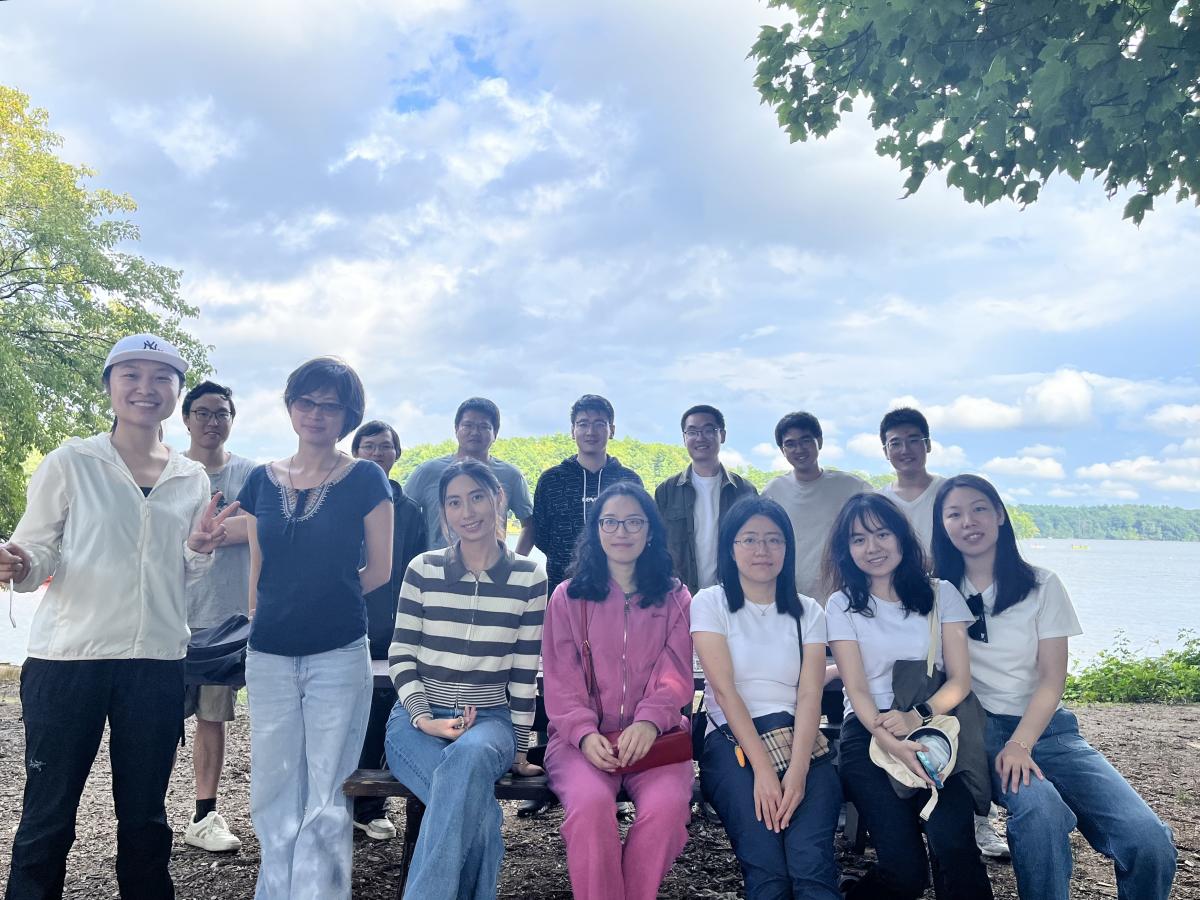
Coordinator: Yuanyuan Song
Faculty Advisor: Wanying Kang
This group aims to build a community of Chinese climate scholars and provide a platform for enhanced communication and collaboration on climate change research. Founded by postdoctoral and graduate researchers from EAPS, CEE, and IDSS, it connects scholars across MIT who are seeking to advance international collaboration and develop careers in the field of climate change. The group offers a welcoming space and peer academic network for new Chinese climate researchers at MIT, organizes workshops to improve communication strategies for making climate science more accessible and impactful, and hosts roundtable discussions that offer practical career advice.
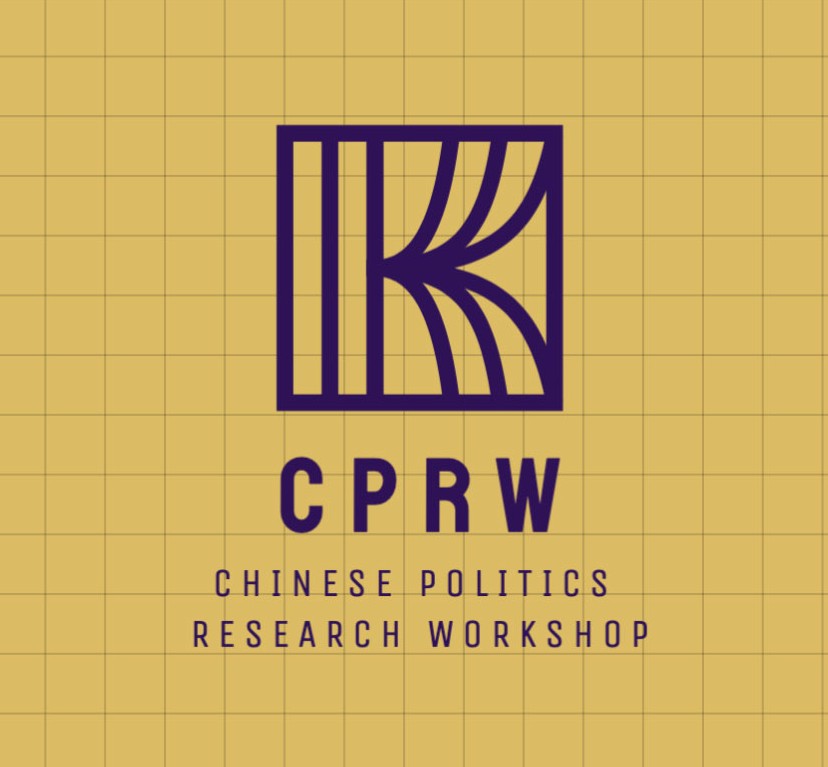
Coordinator: Ye Zhang
Faculty Advisor: Taylor Fravel
The Chinese Politics Research Workshop was established by graduate students from MIT, Harvard, and Boston University in 2010. The workshop aims to serve as a forum for: (1) sharing and receiving feedback on China-related research at all stages of development; (2) discussing practical and methodological issues and challenges associated with conducting research in and on China; (3) building a stronger academic community among graduate students, research fellows, and faculty members in Cambridge who study Chinese politics; and (4) most importantly, stimulating additional activities among participants of the workshop.
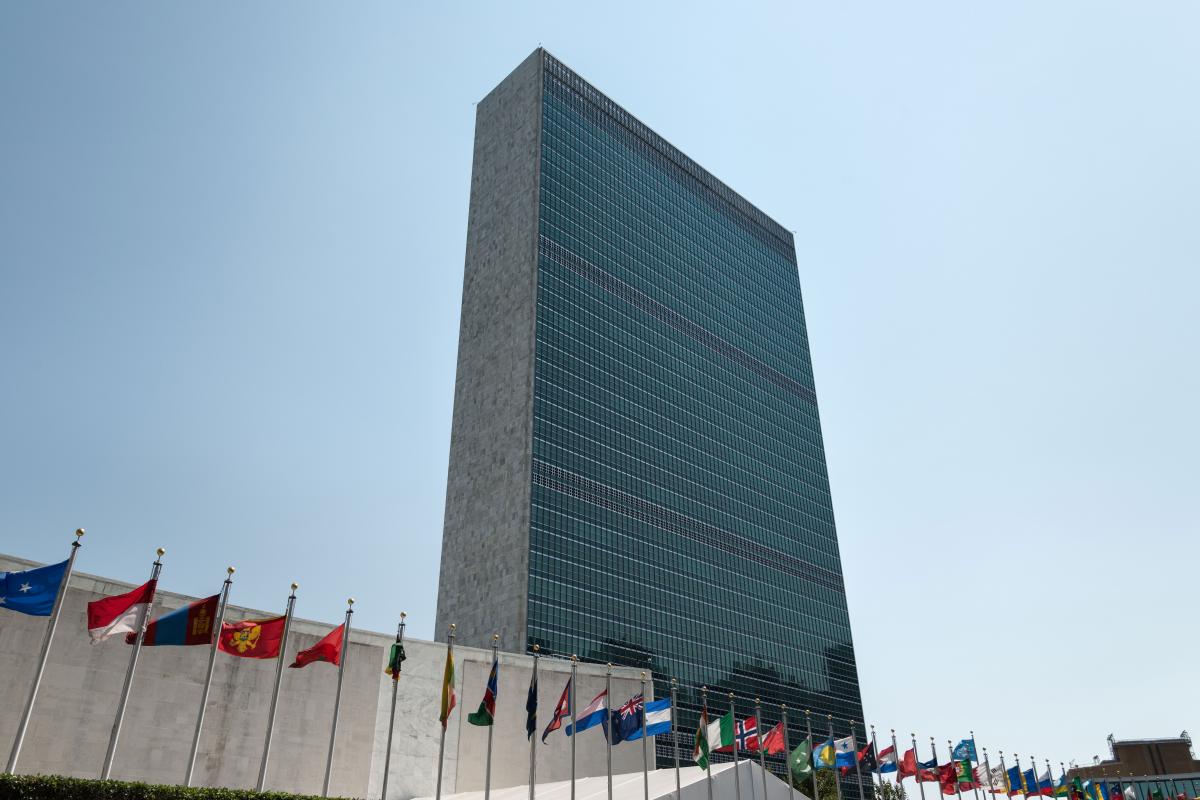
Coordinators: Tyler Sagerstrom and Daniel Cebul
Faculty Advisors: Mariya Grinberg and Erik Lin-Greenberg
This group provides graduate students and visitors with a forum for presenting their research on international relations (IR) and security studies (SS) and receiving feedback. Presenters discuss their dissertation proposals and chapters, articles, or grant proposals. The IR subgroup covers topics such as the causes of international conflict and cooperation, the role of institutions in international politics, and international economic relations. The SS subgroup includes topics related to coercion and violent political conflict, including actors’ strategies to use force and the variety of conditions that influence strategic effectiveness, including civil-military relations, alliances, and regime type. Photo by Giorgio Galeotti.
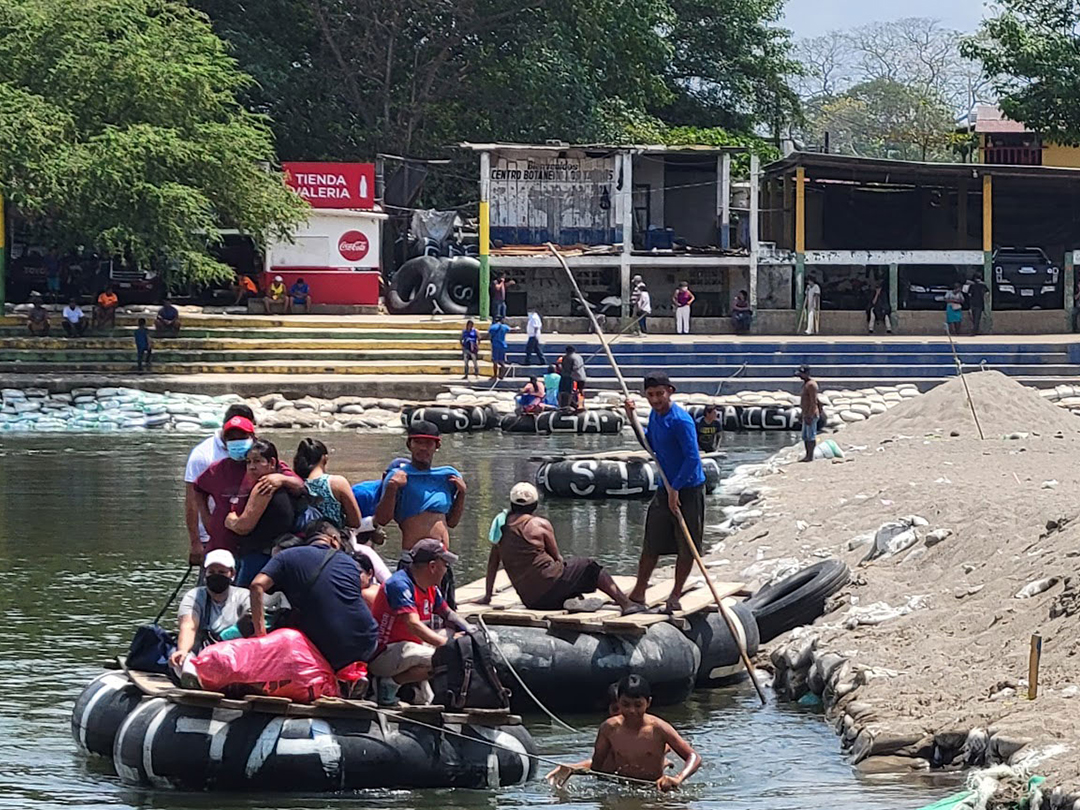
Coordinators: Antonio Alexis Mahana and Lucas Nobrega Augusto
The goal of this working group is to provide an interdisciplinary forum for faculty and students from across the Institute and beyond, focused on issues related to Latin America. Our meetings cover a wide range of topics, including discussions on current events, presentations by leading scholars and graduate students, lectures by external speakers, and book talks on key regional issues. Participants come from various disciplines, including political science, business, and public policy, representing both academic and policy-oriented perspectives. Established in 2013, the group has maintained regular meetings and continues to operate in a hybrid format. Photo by Natán Skigin.
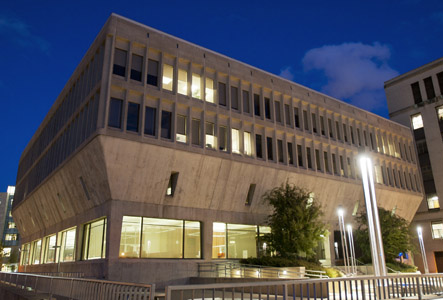
Coordinators: Lydia Shaw and Jasper Jansen
Faculty Advisor: Daniel Hidalgo
This group provides a forum for graduate students in the Department of Political Science and related departments to present their work in a structured and collaborative setting, connect with peers, and receive critiques from diverse perspectives. It aims to help students practice formal presentations, respond to questions from a knowledgeable audience, and build confidence for participation in scholarly events. The group also promotes the exchange of research ideas across subfields. Presenters are expected to share a paper or an abstract in advance. Both dissertation-stage students and graduate students working on major projects are welcome to present.

Coordinator: Tathagat Bhatia
Faculty Advisor: Sana Aiyar
Disputed religious sites are significant flashpoints in South Asia. This group examines how religious nationalists advance legal and discursive claims to places of minority worship. Key questions include: What counts as knowledge and evidence in archeological reasoning that links disputed sites with particular religions? How do sites become disputed? How are historical time and space constructed to justify claims in the name of history? The group connects historians, political scientists, anthropologists, legal scholars, and others through monthly hybrid meetings at MIT, engaging scholars based in South Asia virtually. It aims to produce a research proposal for a public history project. Photo by The Hindu.
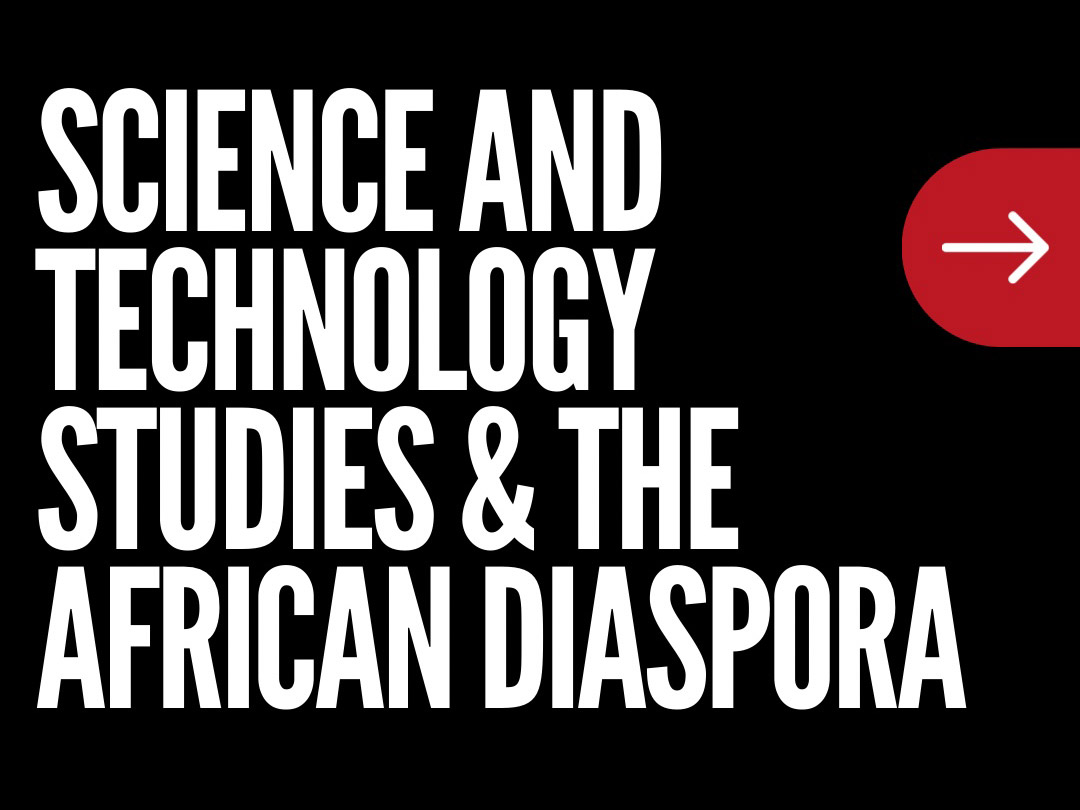
Coordinators: Gwendolyn Wallace and Aisha Hassan
Faculty Advisor: Oliver Rollins
We aim to explore the possibilities and tensions that emerge when Afro-Diasporic perspectives meet science and technology studies. Our sessions will develop works in progress (including academic articles, creative writing, music, and designs) and also create a space to engage with a co-created reading list across several themes. We will engage with the work of thinkers from the diaspora and continent of Africa, with a focus on writings by those of marginalized genders. Additionally, we plan to host a series of presentations, screenings, and a small exhibition highlighting the work of the African diaspora at MIT and beyond.
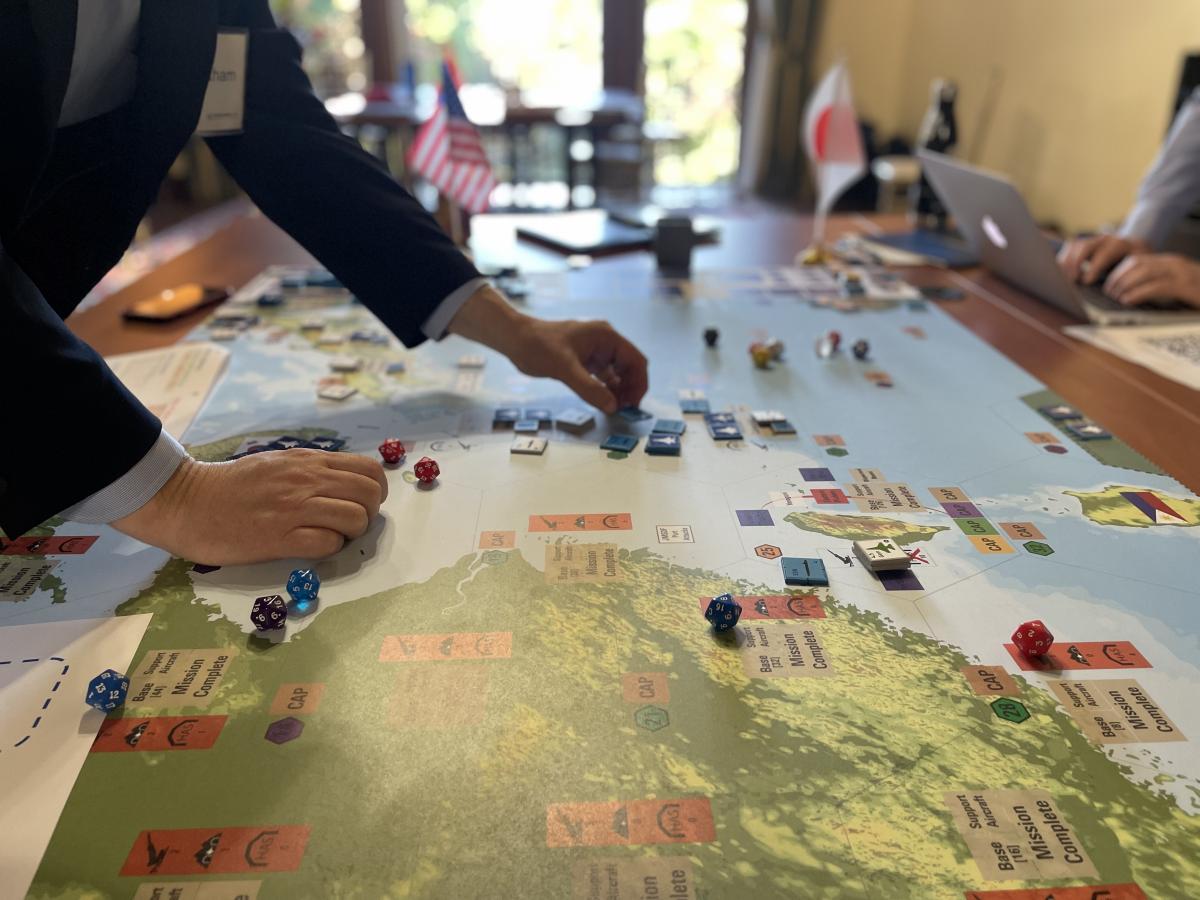
Coordinators: Kathryn Dura and Nina Miller
Faculty Advisors: Eric Heginbotham and Erik Lin-Greenberg
The group is MIT’s primary forum for advancing the use of wargaming as a method of social inquiry, including research on emerging technologies, great power competition, crisis dynamics, and attribution. In our meetings, we play, test, and discuss wargames and wargaming methodologies, learn about military capabilities and operational dynamics, evaluate games as a method to address political science and international relations research questions, design and implement wargaming and simulation exercises in our own research, and connect with external practitioners and academics who employ wargaming or simulation methodologies.
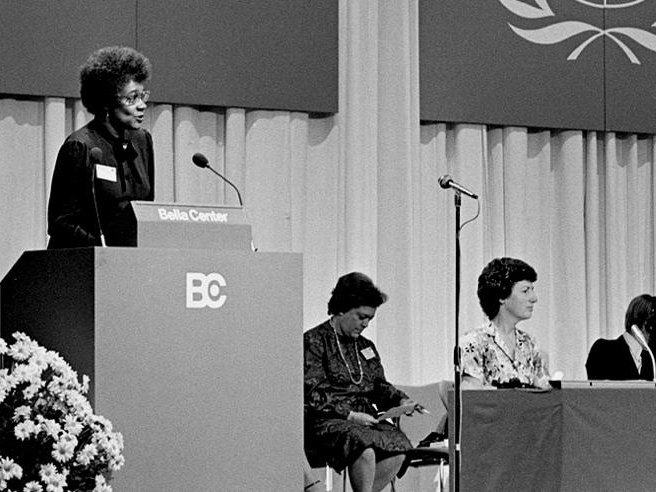
Coordinators: Miriam Hinthorn, Christine Liu, and Nilsu Celikel
Faculty Advisor: Mariya Grinberg
The Women in International Politics and Security Working Group seeks to foster a multi-generational, local community committed to advancing women in the field of international politics and security. It combines substantive programming with broader discussions about challenges women face at various stages of their careers. Our roundtables and events facilitate the creation of mentoring relationships, and we seek to gather best practices to improve mentoring and enhance career development in this field.


